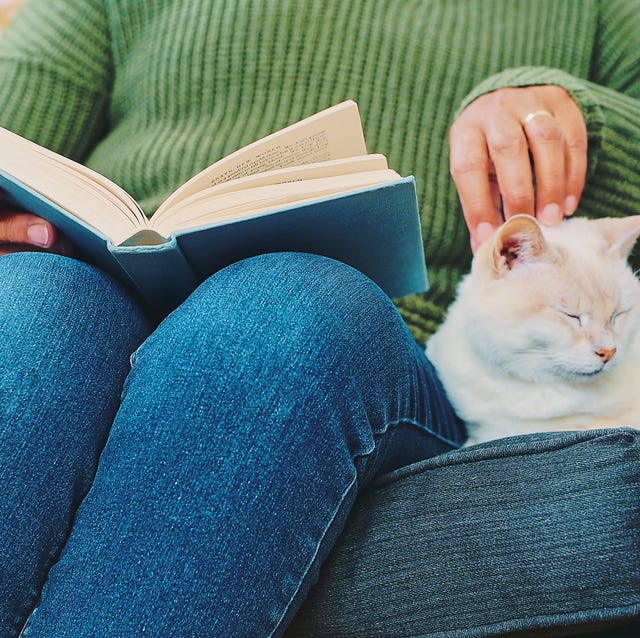katleho SeisaGetty Images
Anxiety is everywhere and touches every family. Way back in 2018, Barnes & Noble reported that sales of books about anxiety were surging, and that was before anyone had ever heard of masking or social distancing. In the years since the pandemic, the need for concrete tools to combat uneasiness, apprehension and excessive nervousness has only become more critical, with an estimated 25% increase in the prevalence of anxiety, especially among women and young adults.
“The mental health crisis is real,” says Ellen Hendriksen, Ph.D., a clinical psychologist and author of How to Be Yourself: Quiet Your Inner Critic and Rise Above Social Anxiety. “The clinic I work at has experienced the longest wait list we’ve ever seen in our 25-year history.” Dr. Hendriksen adds that the average age of the patients she sees is skewing younger and younger, with many college students now seeking her help.
While anxiety is best treated with counseling and medication, self-help books can also be beneficial when it comes to complementing traditional treatment, and they can also provide some good ways to stop feeling anxious while you wait for an opening with a therapist. “A strength of self-help books is their versatility,” says Joshua Magee, Ph.D., a clinical psychologist and founder of Wellness Path Therapy. “You can use them rather inexpensively at your own pace, which can be useful for people who aren’t currently working with a therapist. It’s just important to check that they are rooted in scientific evidence,” he adds.
Ramani Durvasula, Ph.D., a licensed clinical psychologist and author of Should I Stay or Should I Go? Surviving a Relationship With a Narcissist, recommends anxiety books to patients for their useful tools: “Self-monitoring, practicing breathing and mindfulness exercises you can do at home — people can see what works and what doesn’t, and they become a really useful way to extend the work of therapy to the time in-between,” she says.
“You might come away from a good self-help book with a changed attitude, different behavior, fresh motivation or something else shiny and new to test-drive,” says Dr. Hendriksen. She says that a solid anxiety self-help book meets three criteria:
- It articulates a feeling or experience you’ve carried for years but couldn’t identify.
- It shrinks shame and isolation.
- It encourages you to move forward.
How we chose the best books about anxiety:
We went straight to the experts for this one: We asked seven mental health professionals to name the books that they recommend most to their clients — and that they have found helpful themselves. Our health editors have vetted that these book recommendations are all based on reliable scientific research.
Our top picks:
If you’re struggling with anxiety, read our full reviews of the top recommendations below; you can find more information about what to look for in books about anxiety, as well as coping mechanisms that work and when to see a professional about anxiety, at the bottom of this guide.
Advertisement – Continue Reading Below
Advertisement – Continue Reading Below

